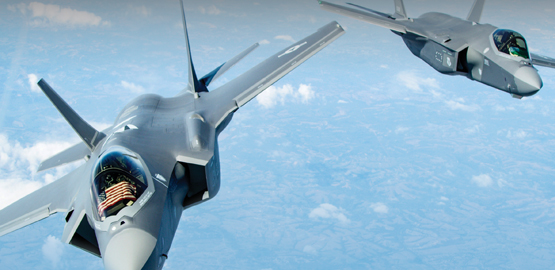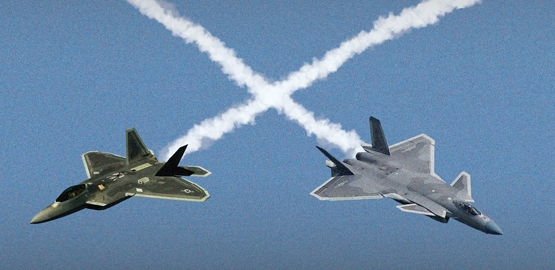Publications
"Nobody does defense policy better than CSBA. Their work on strategic and budgetary topics manages to combine first-rate quality and in-depth research with timeliness and accessibility—which is why so many professionals consider their products indispensable." – Gideon Rose, Editor of Foreign Affairs, 2010-2021
Strategic Choices: Navigating Austerity
The report is based on the insights developed through a series of exercises that CSBA conducted during the summer of 2012. The exercises sought to inform the debate on the way defense resources are allocated in light of declining budgets, the evolving threat environment and the changing DoD’s priorities.
Rebalancing Military Compensation: An Evidence-Based Approach
This groundbreaking study presents a new approach for optimizing the military compensation system. Rather than focusing exclusively on reducing costs, the study looks at options for getting better value from the compensation system by shifting funds from undervalued forms of compensation to more highly valued forms of compensation.
Strategy in a Year of Fiscal Uncertainty
Defense strategy is about choices. In peacetime, strategy is often expressed in the budget as choices among different types of weapon systems and force structure. Bernard Brodie, writing in a 1959 RAND report, noted, “We do not have and probably never will have enough money to buy all the things we could effectively use for our defense. The choices we have to make would be difficult and painful even if our military budget were twice what it is today.” He went on to write, “In
Five Facts About Defense and Sequestration
1. Defense Funding Under Sequestration Would Fall to FY 2007 Levels 2. War Funding Is Exempt from Budget Caps...
Defense Funding in the Budget Control Act of 2011
While the Budget Control Act of 2011 resolves the debt ceiling issue through 2012, it leaves many budget issues unresolved. The future of the defense budget remains uncertain
Analysis of the FY2012 Defense Budget
For the first time in more than a decade, both the base budget and war budget are declining, but a smaller, less costly force does not necessarily equate to a less effective or less capable military























